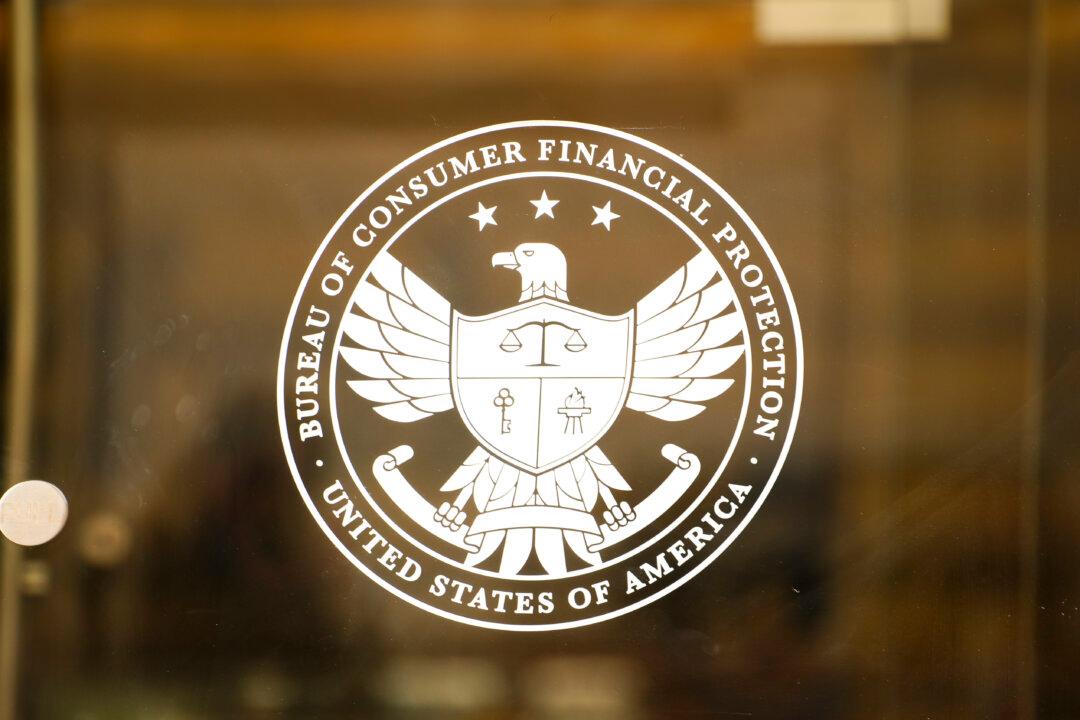The Consumer Financial Protection Bureau (CFPB) said on Monday that it will create a new registry to assist law enforcement agencies in detecting companies that have violated consumer protection laws.
The CFPB said it has finalized a rule requiring “nonbank entities” to register with the bureau upon being found in violation of consumer law. This includes submitting final agency and court orders to the CFPB.





